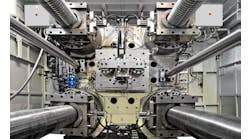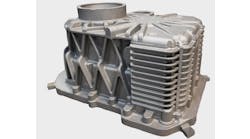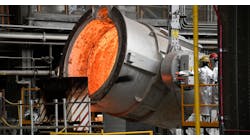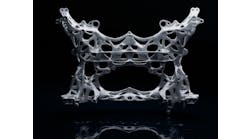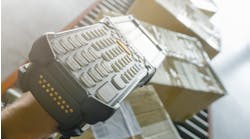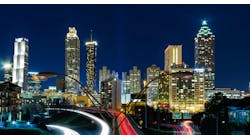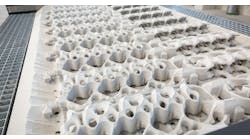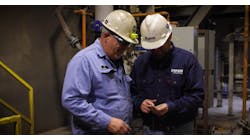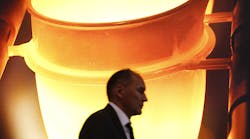GIFA 2019 has been circled on many calendars as the time and place for announcing new business plans, introducing new process technologies, and unveiling new projects in design and research. But other ideas and issues already also will be on the agenda, and in the minds of metalcasters attending the June 25-29 event, in Düsseldorf, Germany.
GIFA 2019 will be 14th International Foundry Trade Fair with Technical Forum, and set to host more than 900 exhibitors from around the world, including all of the most notable suppliers of melting, molding, coremaking, sand treatment, and vibratory and finishing machinery for foundries and diecasters.
The organizers of GIFA are mindful of the trends shaping metalcasting, and have highlighted five trends that are influencing the business and technologies:
1. Aluminum displacing steel. There are numerous reasons for this: The auto industry, as already in aerospace, requires lighter components. However, the stability of aluminum is also a major factor. In mechanical engineering, this material is also used for demanding tasks. In 2017, approximately 6% more aluminum was produced than in 2016, and the cost of the finished product is decreasing due to advanced manufacturing methods.
2. Automation in place of skilled workers. Fewer and fewer people are working in foundries, and further declines are to be expected. In order to remain competitive, metalcasters rely on semi-automated or completely autonomous systems to maintain (or increase) their output. Employees are able to invest more time designing or testing, and this should increase the interest of younger workers in metalcasting careers.
3. Digitization and Industry 4.0. Sensors, connected machines, and Smart controls are at home in metalcasting: Numerous operations already are connected. And foundry customers and potential customers benefit from the data. Processes can be optimized with Big Data and possible bottlenecks and errors in the system can be detected early. Manual adjustments in the operating procedure are less necessary.
New technologies like virtual reality help metalcasting businesses to present themselves to the larger world. Thanks to augmented reality, technicians can easily adjust or repair machines with a superimposed virtual image. And, virtual learning becomes easier with the new technologies. CAD programs and 3D glasses can make prototyping more efficient.
4. Environmental protection. Foundries are considered to be among the most energy-demanding industrial operations. A study by the German Federal Environment Agency demonstrated that the majority of foundries could get their energy requirements from renewable energies. For this, however, energy storage devices are necessary that can meet the enormous requirements for 24/7 operation.
The use of more efficient casting molds may reduce raw material requirements, and energy requirements may be further reduced by more efficient furnaces, making the entire industry more environmentally friendly.
5. Additive manufacturing. AM/3DP soon may begin to encroach on metalcasting markets, particularly for smaller cast products, as more 3D printers are able to produce commercial-grade metal parts.
These technologies already are being used in projects that require only a small quantity of the finished product. Also, structures that would not be possible in normal casting pose no problem for additive manufacturing. For larger quantities and parts with larger dimensions, no change in the need for castings is expected soon.
Learn more about GIFA — and register to attend — at www.gifa.com
